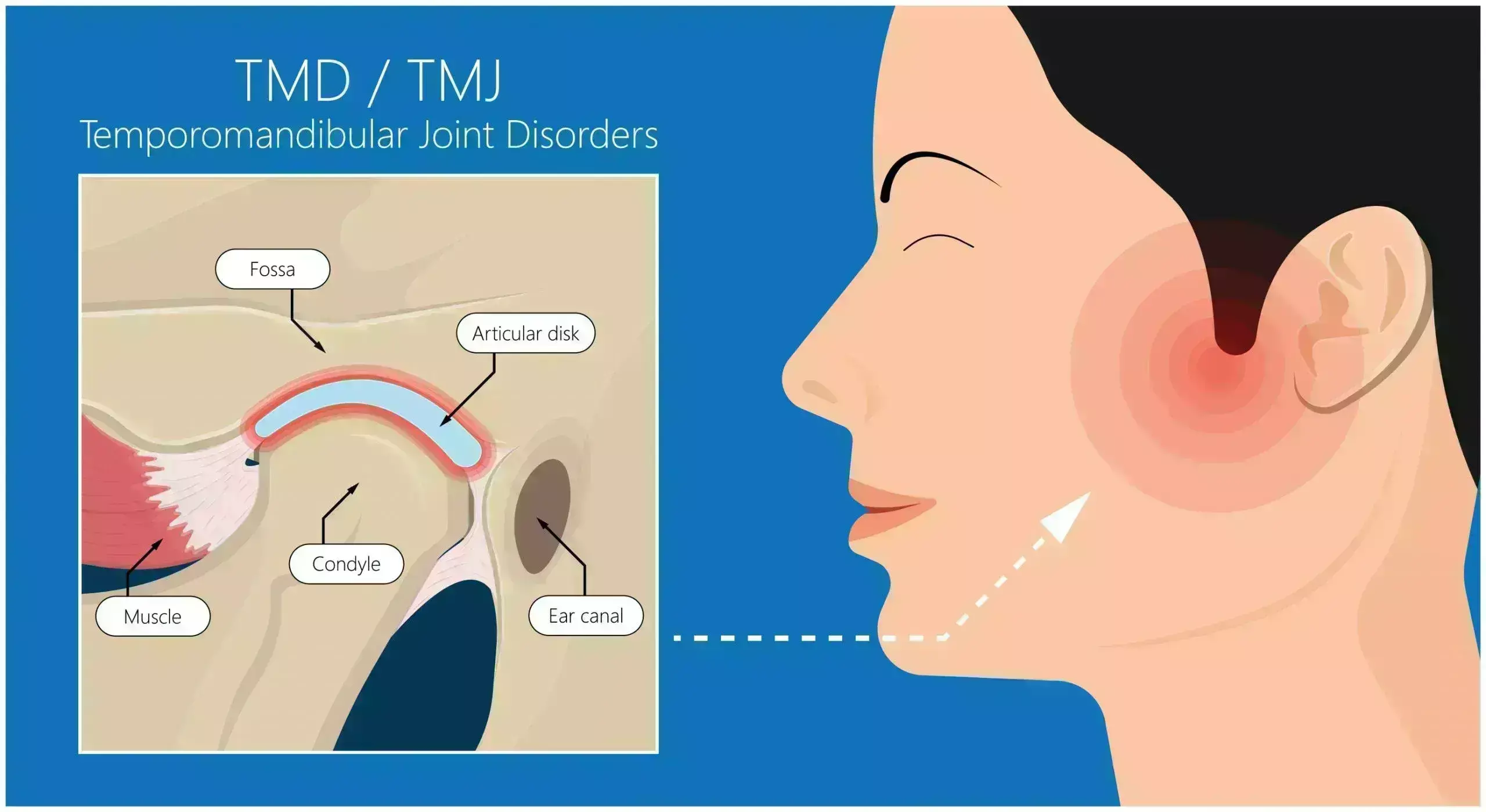- Home
- Medical news & Guidelines
- Anesthesiology
- Cardiology and CTVS
- Critical Care
- Dentistry
- Dermatology
- Diabetes and Endocrinology
- ENT
- Gastroenterology
- Medicine
- Nephrology
- Neurology
- Obstretics-Gynaecology
- Oncology
- Ophthalmology
- Orthopaedics
- Pediatrics-Neonatology
- Psychiatry
- Pulmonology
- Radiology
- Surgery
- Urology
- Laboratory Medicine
- Diet
- Nursing
- Paramedical
- Physiotherapy
- Health news
- Fact Check
- Bone Health Fact Check
- Brain Health Fact Check
- Cancer Related Fact Check
- Child Care Fact Check
- Dental and oral health fact check
- Diabetes and metabolic health fact check
- Diet and Nutrition Fact Check
- Eye and ENT Care Fact Check
- Fitness fact check
- Gut health fact check
- Heart health fact check
- Kidney health fact check
- Medical education fact check
- Men's health fact check
- Respiratory fact check
- Skin and hair care fact check
- Vaccine and Immunization fact check
- Women's health fact check
- AYUSH
- State News
- Andaman and Nicobar Islands
- Andhra Pradesh
- Arunachal Pradesh
- Assam
- Bihar
- Chandigarh
- Chattisgarh
- Dadra and Nagar Haveli
- Daman and Diu
- Delhi
- Goa
- Gujarat
- Haryana
- Himachal Pradesh
- Jammu & Kashmir
- Jharkhand
- Karnataka
- Kerala
- Ladakh
- Lakshadweep
- Madhya Pradesh
- Maharashtra
- Manipur
- Meghalaya
- Mizoram
- Nagaland
- Odisha
- Puducherry
- Punjab
- Rajasthan
- Sikkim
- Tamil Nadu
- Telangana
- Tripura
- Uttar Pradesh
- Uttrakhand
- West Bengal
- Medical Education
- Industry
Patients With Traumatic Brain Injury More prone to Experience TMJ Dysfunction

Patients With Traumatic Brain Injury More prone to Experience TMJ Dysfunction suggests a new study published in the Journal of Oral Rehabilitation
The aim of this study was to evaluate the frequency of temporomandibular joint dysfunction and related factors in patients with traumatic brain injury.
A total of 60 participants, 30 patients with traumatic brain injury and 30 healthy volunteers of similar age, have been included in this study, which was designed as a hospital-based cross sectional study. Fonseca questionnaire was used to evaluate and classify the temporomandibular joint dysfunction. Temporomandibular joint range of motion was evaluated with a digital calliper, and masticatory muscles pressure pain threshold was evaluated with an algometer. Labial commissure angle measurement was used to evaluate the severity of facial paralysis. Complications related to traumatic brain injury were recorded in patients with traumatic brain injury.
Results
According to Fonseca questionnaire score, 80% of traumatic brain injury patients and 16.7% of the control group had temporomandibular dysfunction (p < .001). In the intergroup comparison, a significant decrease was found in all temporomandibular range of motion and masticatory muscles pressure pain threshold parameters in favour of the traumatic brain injury group (p < .001). Labial commissure angle and Fonseca questionnaire scores were higher in the traumatic brain injury group (p < .001). The frequency of temporomandibular dysfunction was more common in traumatic brain injury patients with headache than in those without headache, as shown by the results of the Fonseca questionnaire (p = .044).
Compared to healthy controls, patients with traumatic brain injury experienced issues with the temporomandibular joint more frequently. Additionally, TBI patients with headaches had a greater frequency of temporomandibular joint dysfunction. Therefore, it is advised to check for temporomandibular joint dysfunction in traumatic brain injury patients during follow-up. In addition, the presence of headache in traumatic brain injury patients may be a stimulant for temporomandibular joint dysfunction.
Reference:
Karpuz, S, Yılmaz, R, Yılmaz, H. Evaluation of temporomandibular joint dysfunction in traumatic brain injury patients. J Oral Rehabil. 2023; 00: 1- 6. doi:10.1111/joor.13445
Keywords:
Patients, Traumatic, Brain, Injury, prone, Experience, TMJ, Dysfunction, Journal of Oral Rehabilitation
Dr. Shravani Dali has completed her BDS from Pravara institute of medical sciences, loni. Following which she extensively worked in the healthcare sector for 2+ years. She has been actively involved in writing blogs in field of health and wellness. Currently she is pursuing her Masters of public health-health administration from Tata institute of social sciences. She can be contacted at editorial@medicaldialogues.in.
Dr Kamal Kant Kohli-MBBS, DTCD- a chest specialist with more than 30 years of practice and a flair for writing clinical articles, Dr Kamal Kant Kohli joined Medical Dialogues as a Chief Editor of Medical News. Besides writing articles, as an editor, he proofreads and verifies all the medical content published on Medical Dialogues including those coming from journals, studies,medical conferences,guidelines etc. Email: drkohli@medicaldialogues.in. Contact no. 011-43720751


